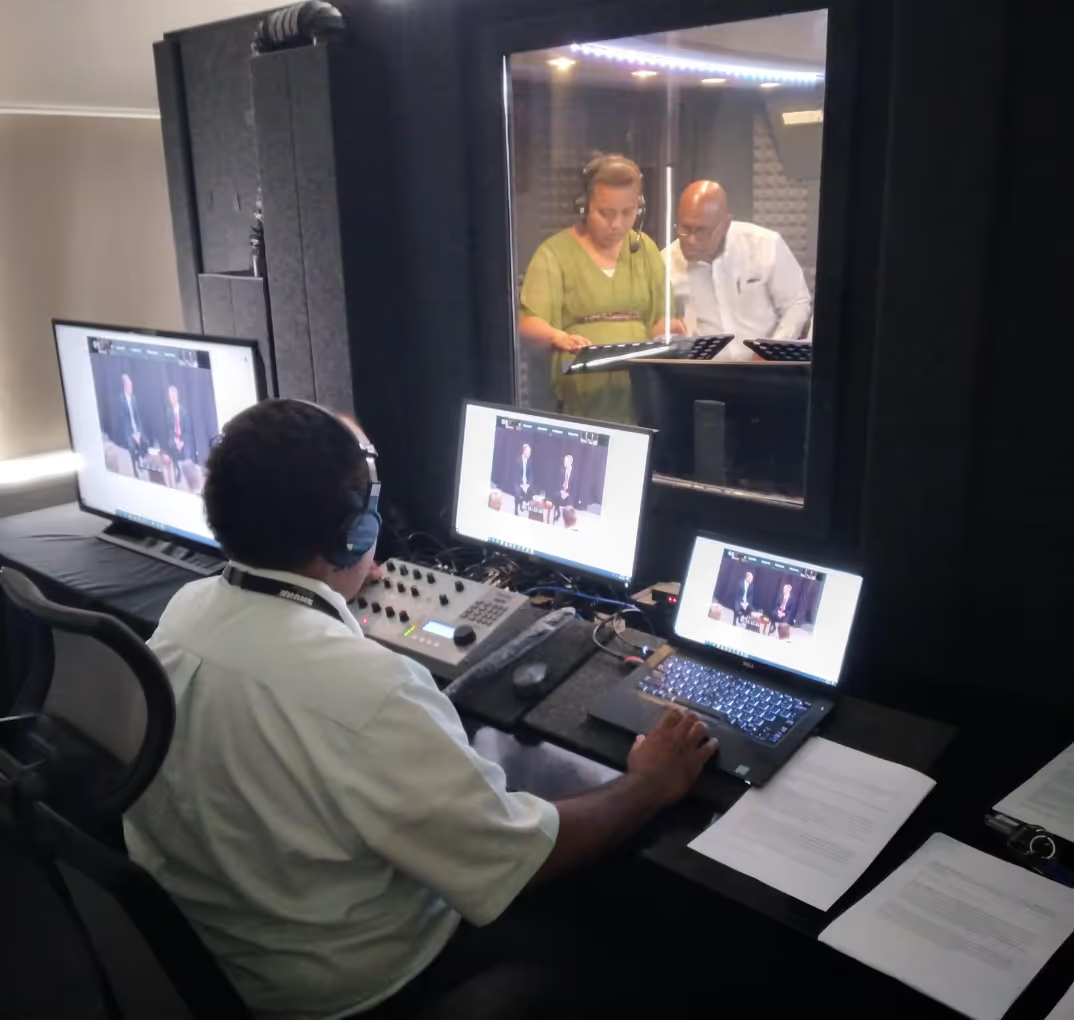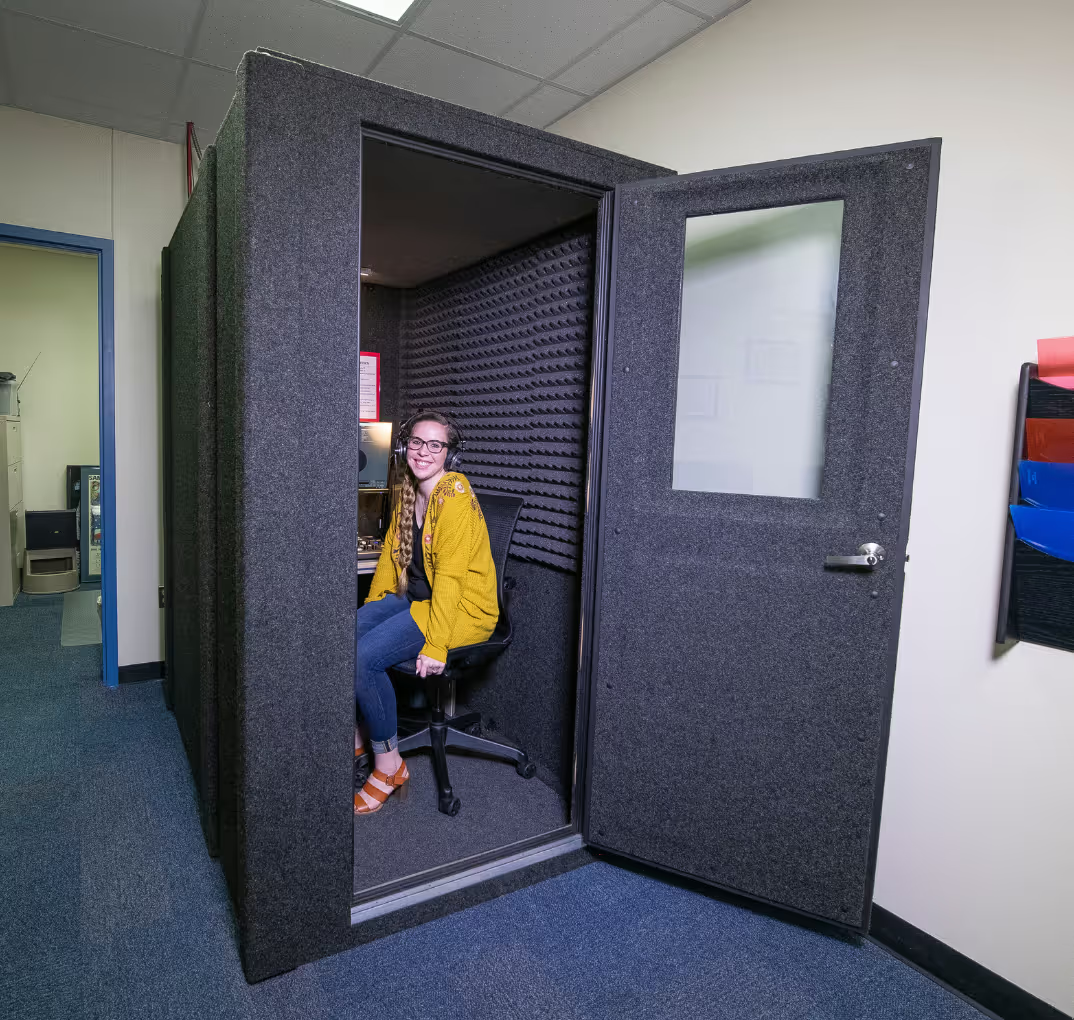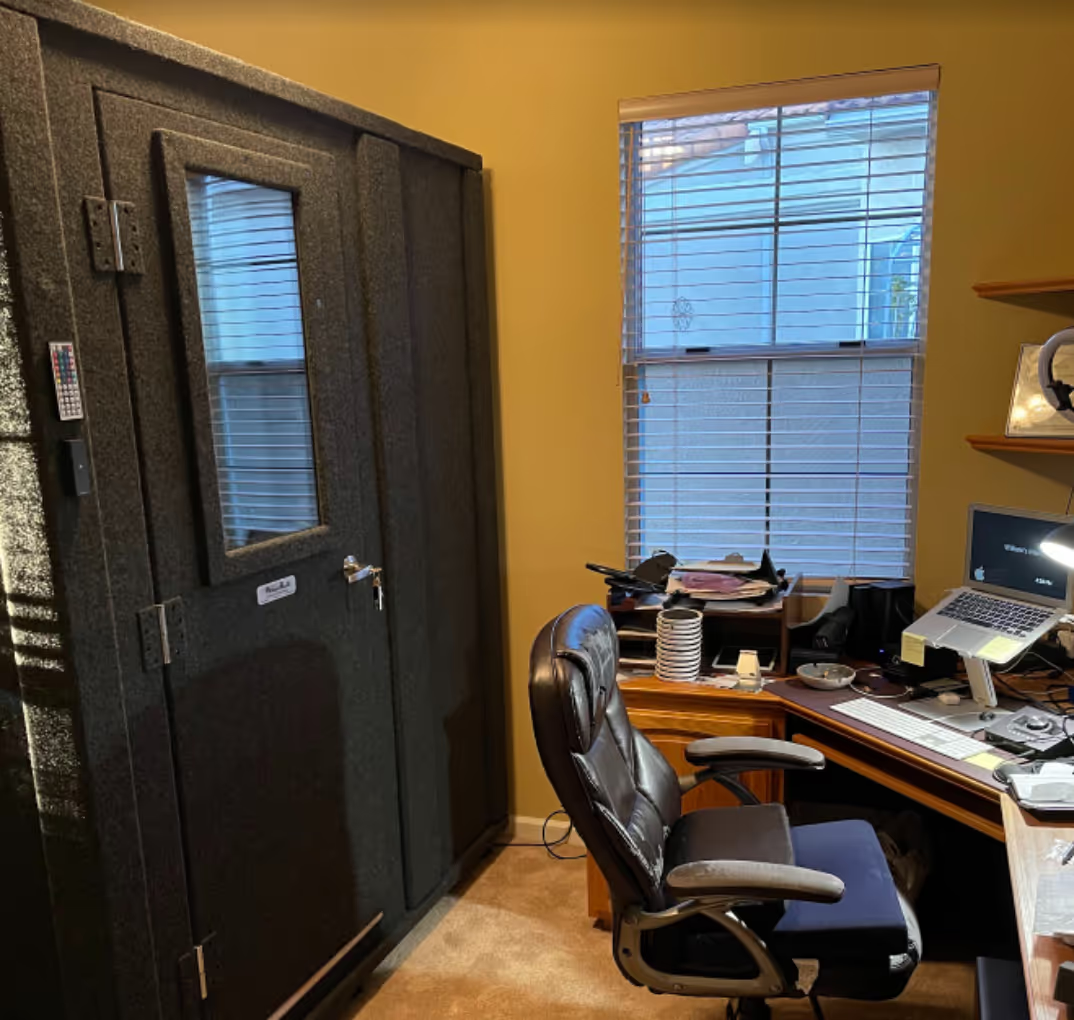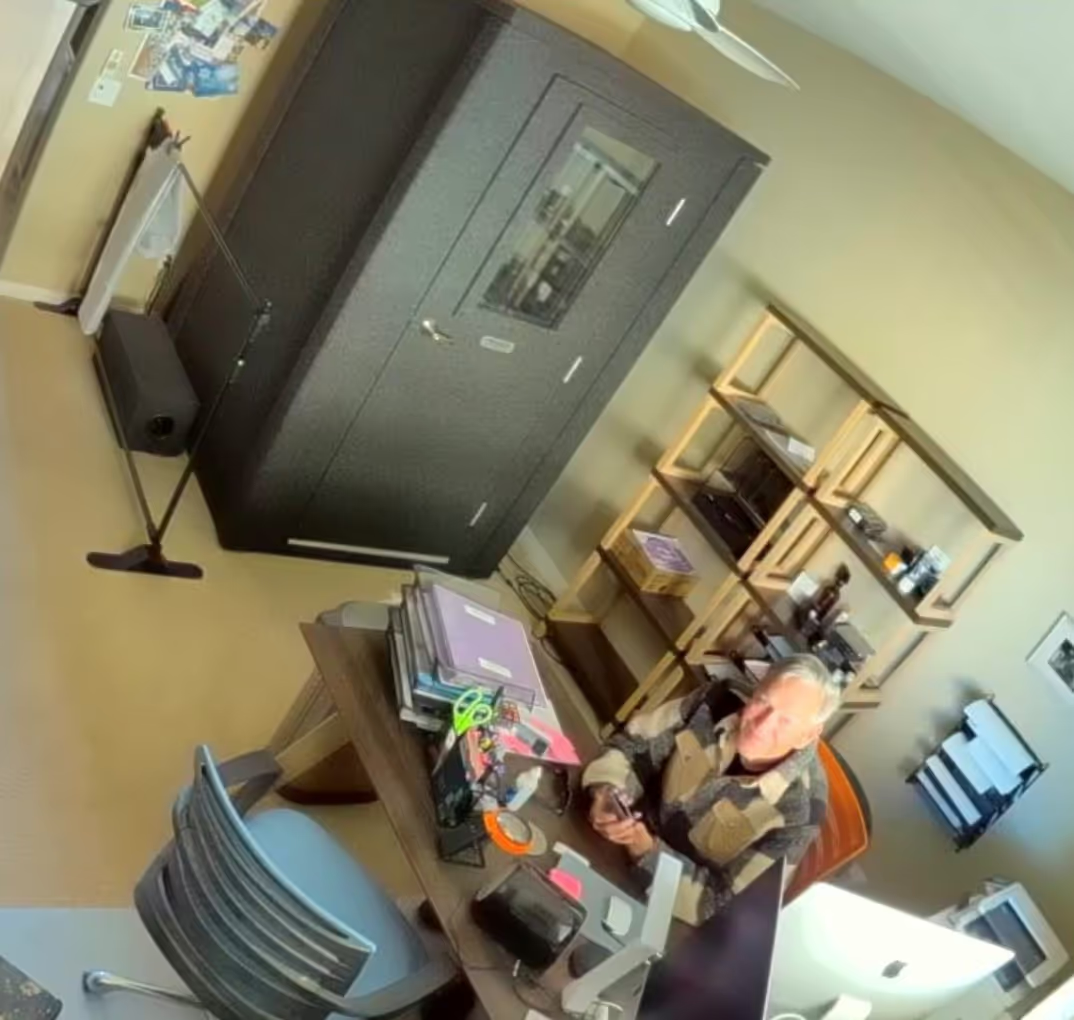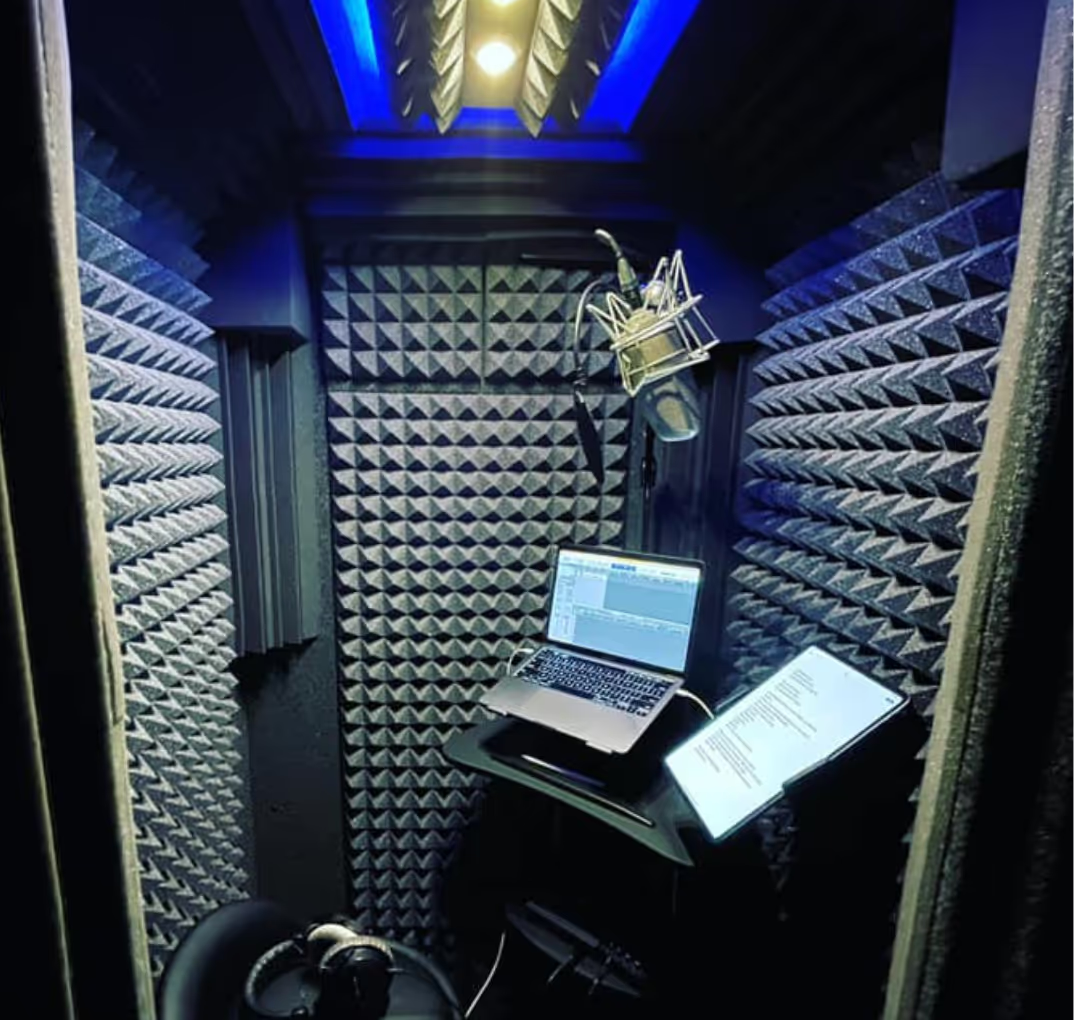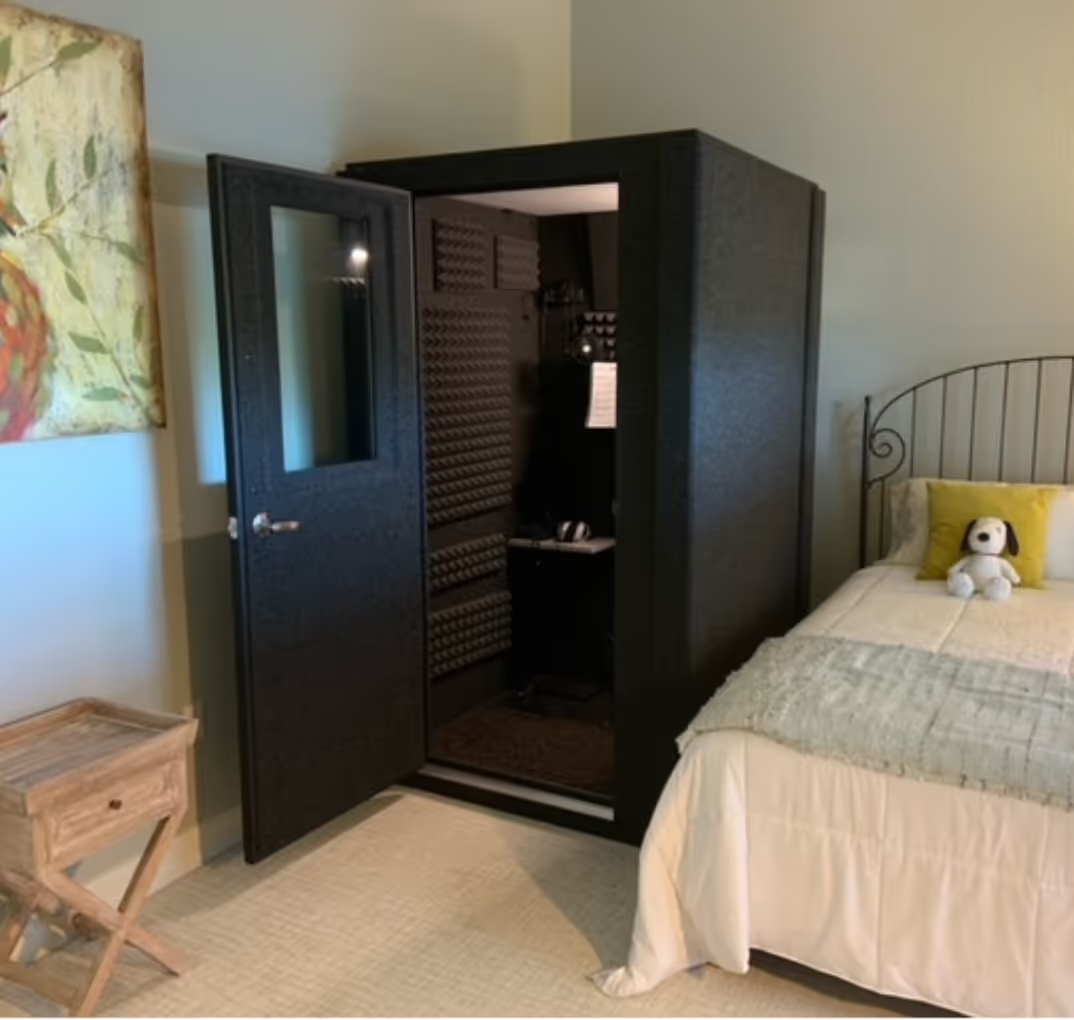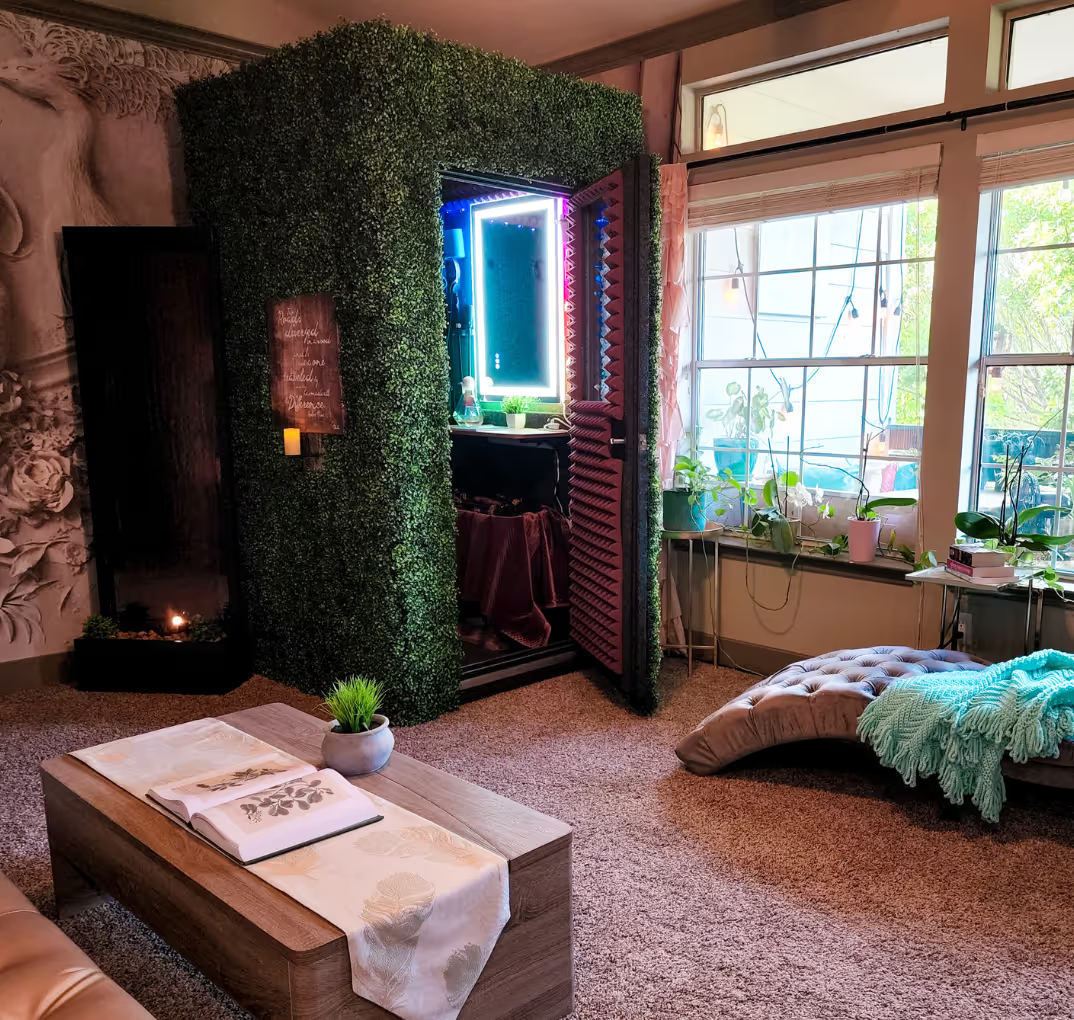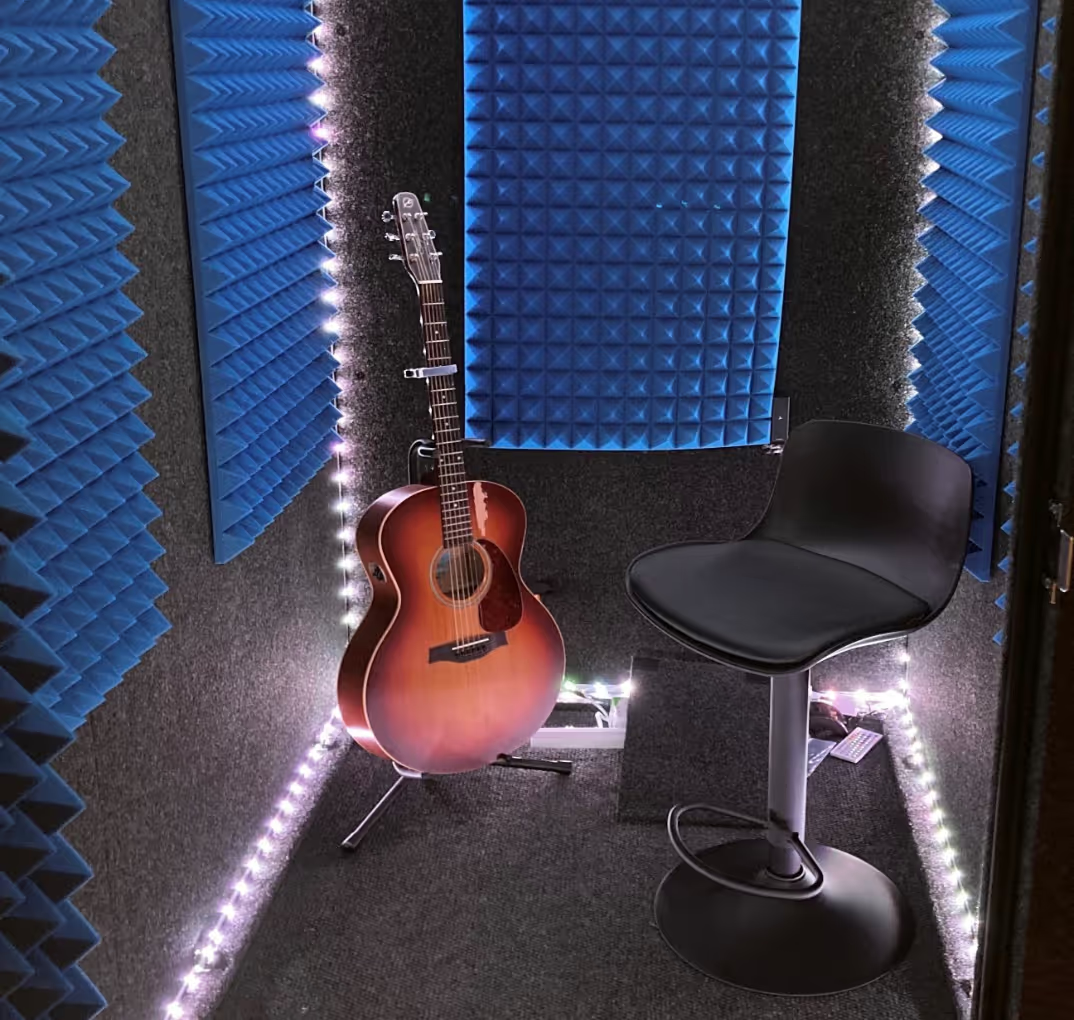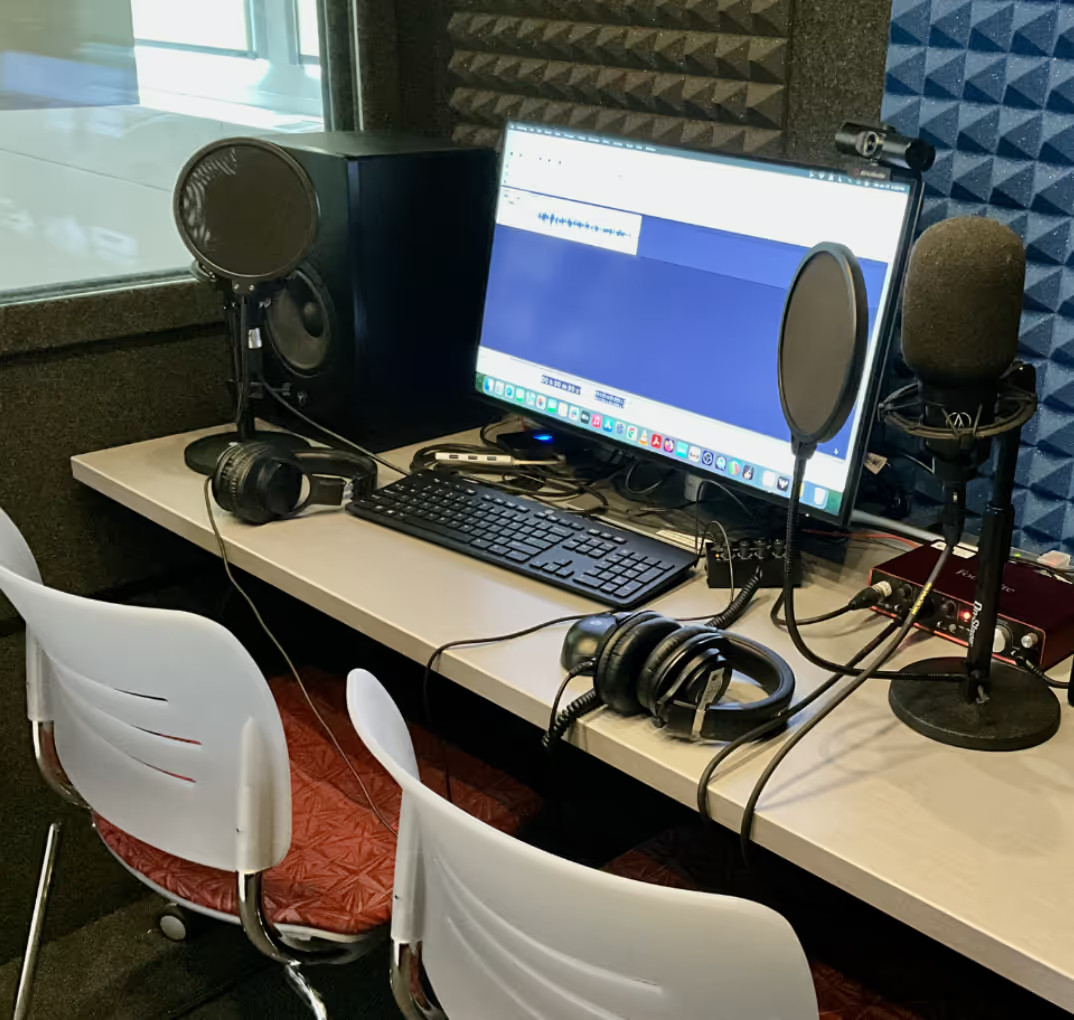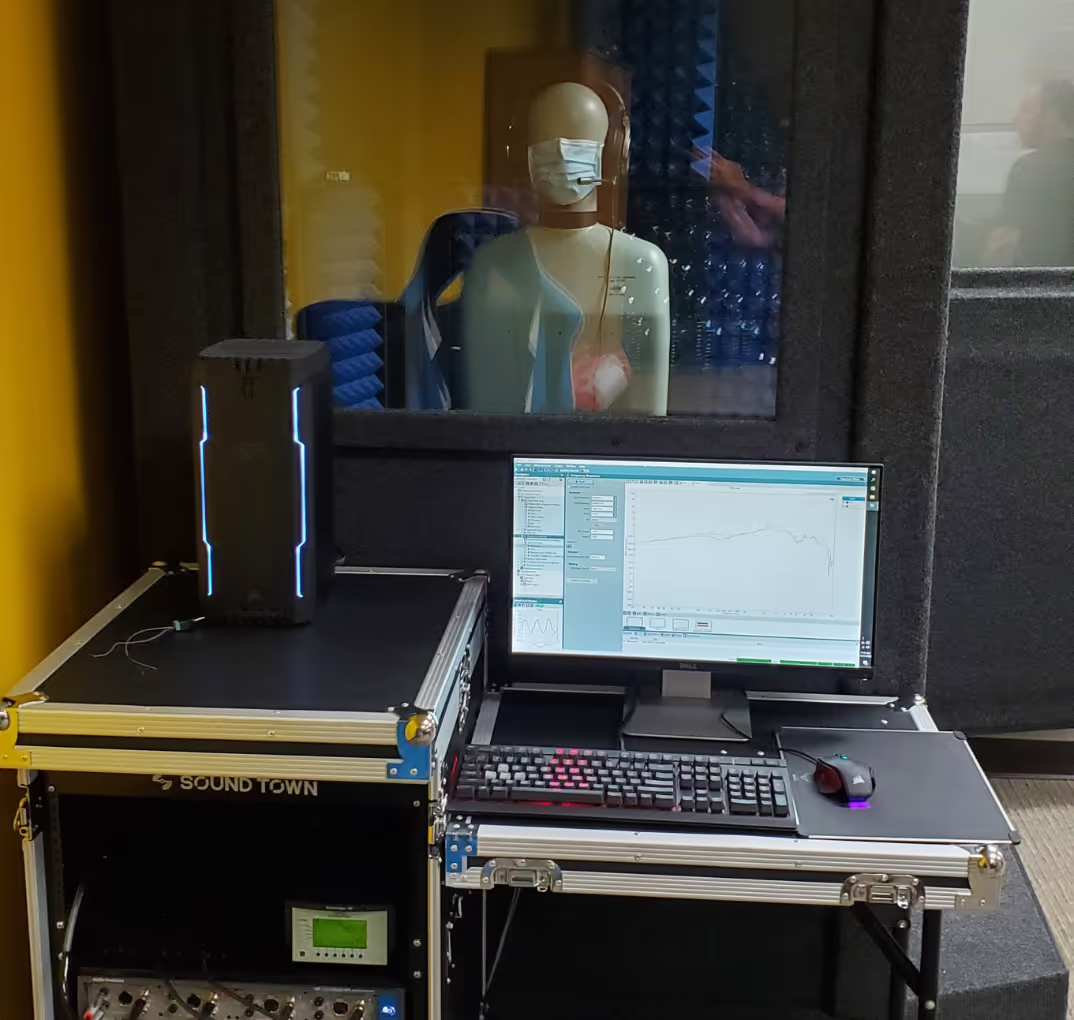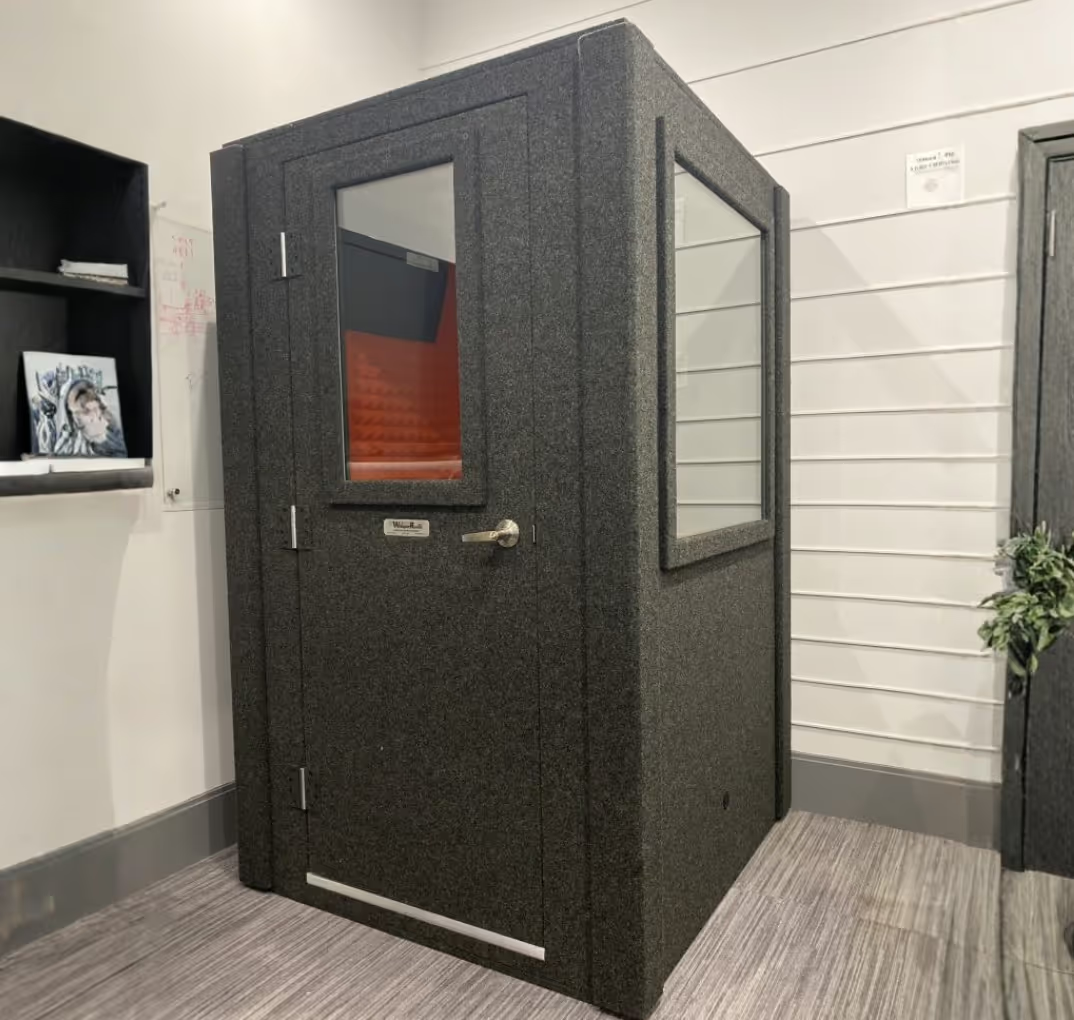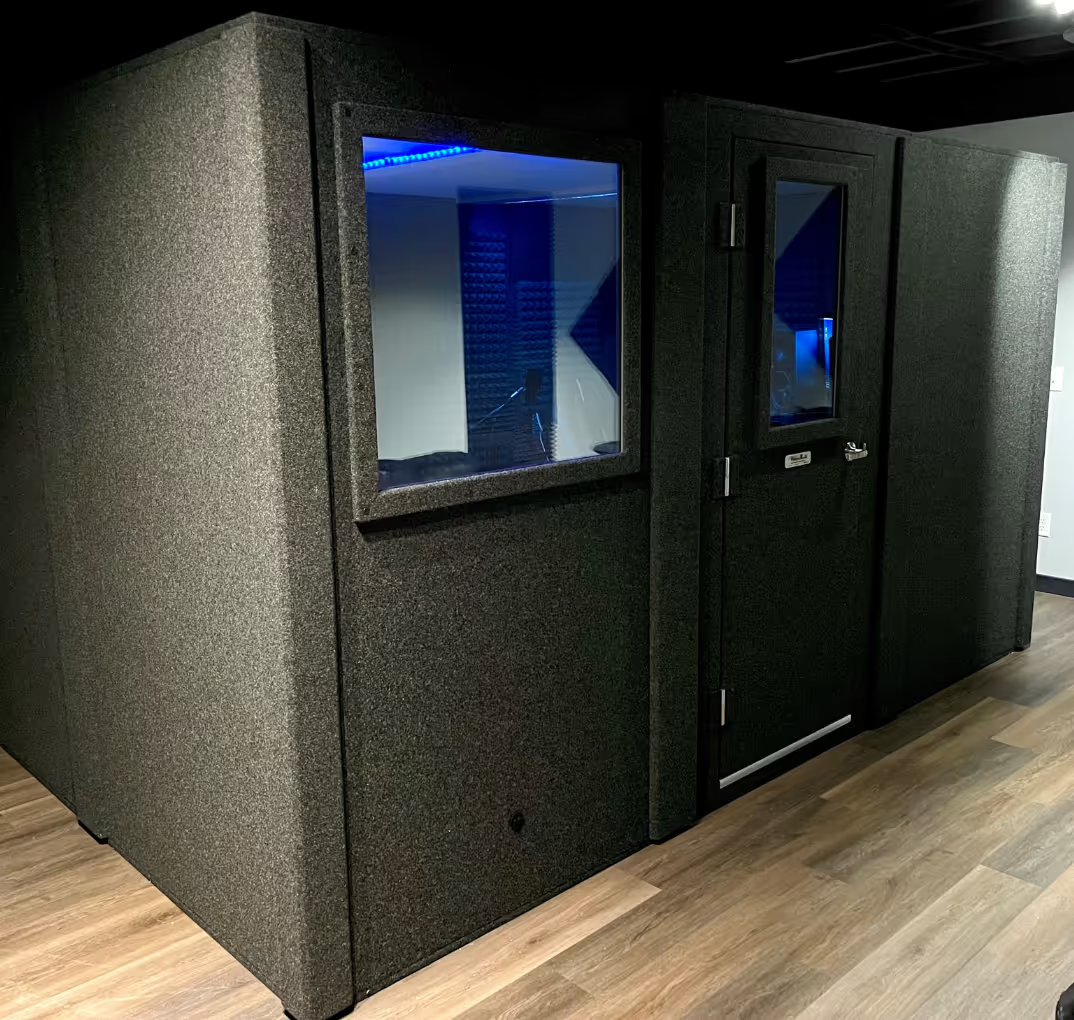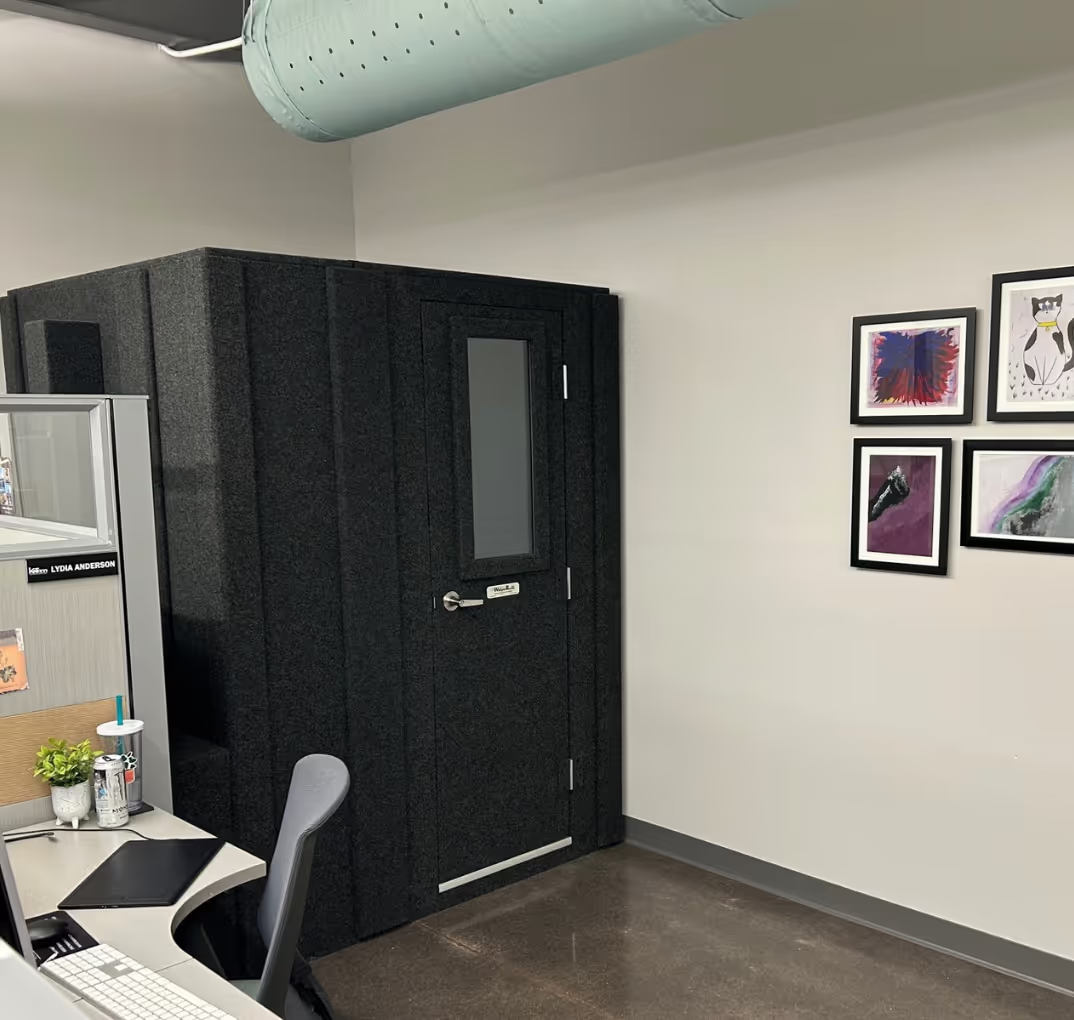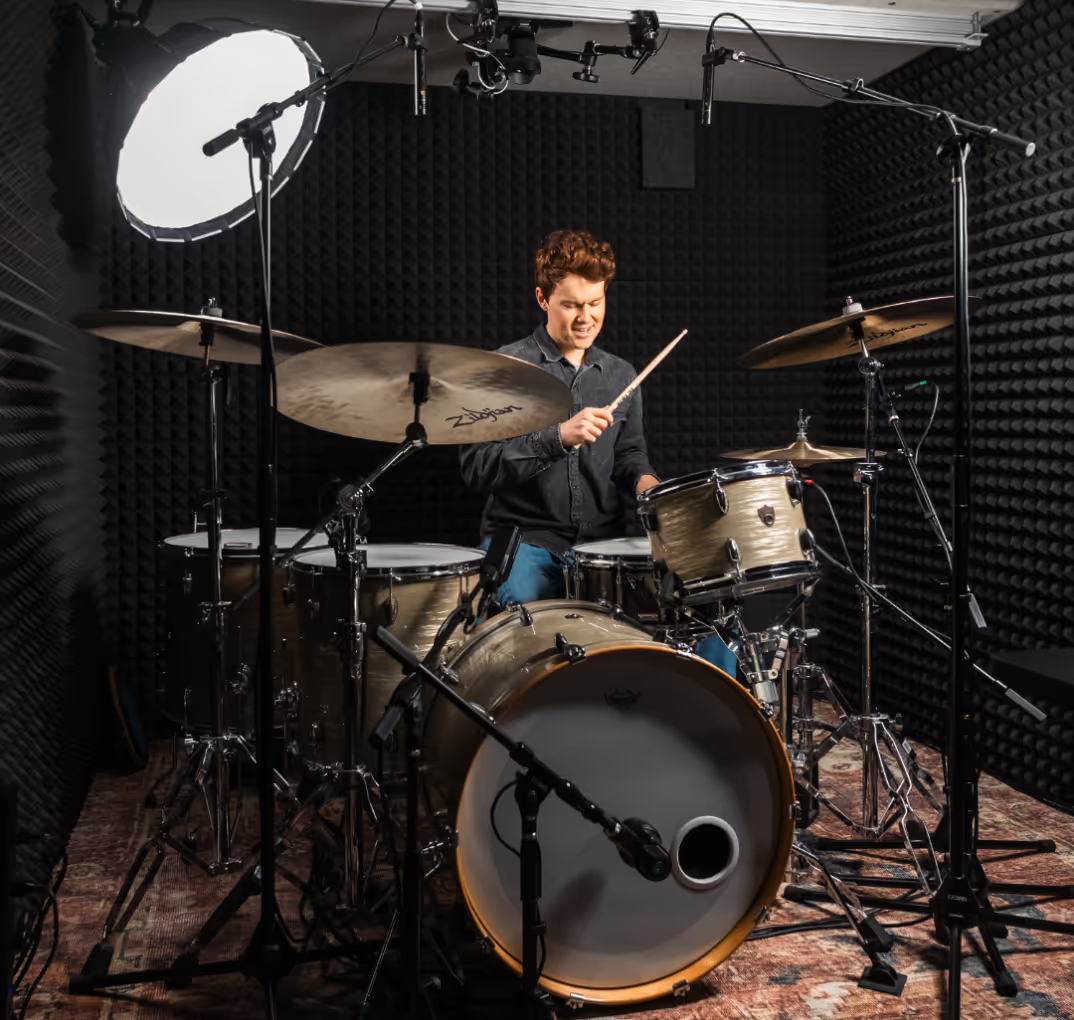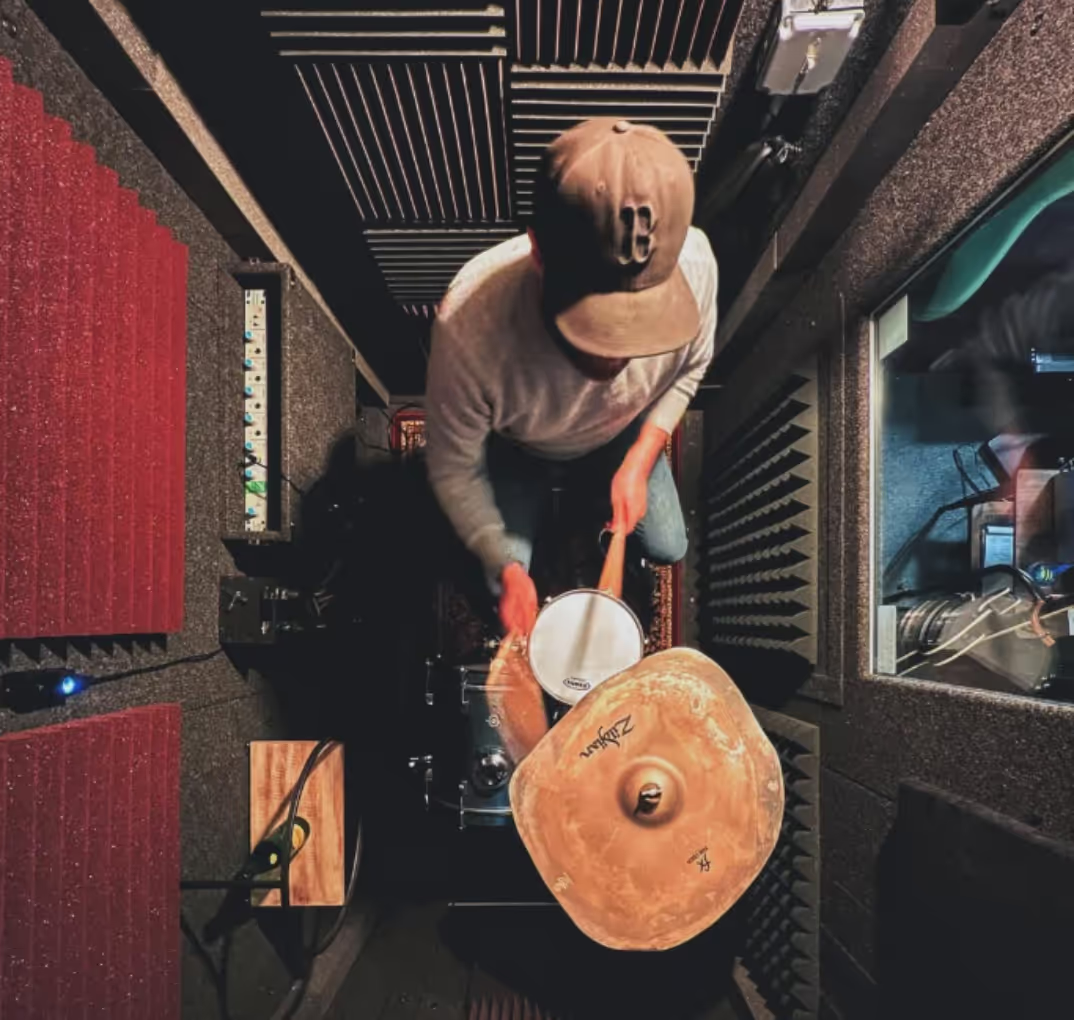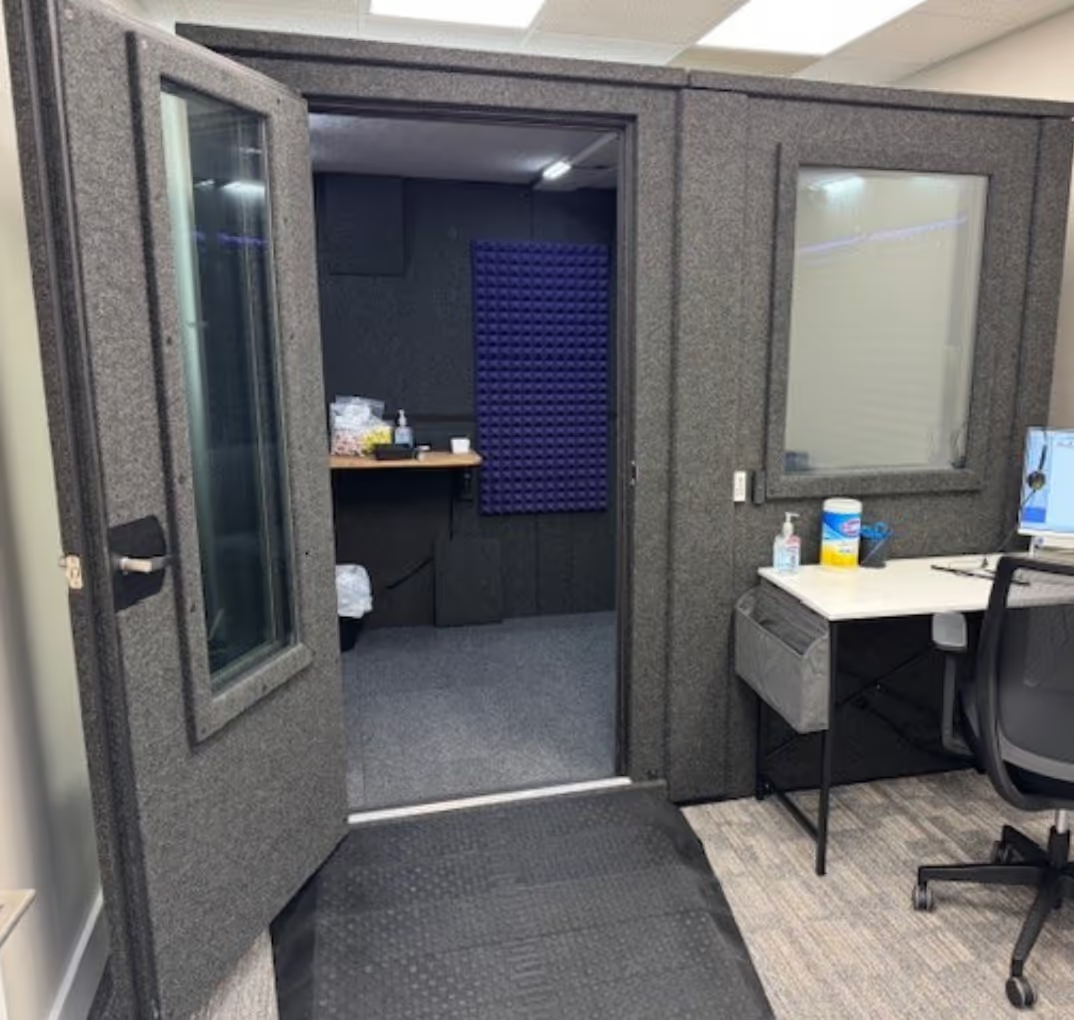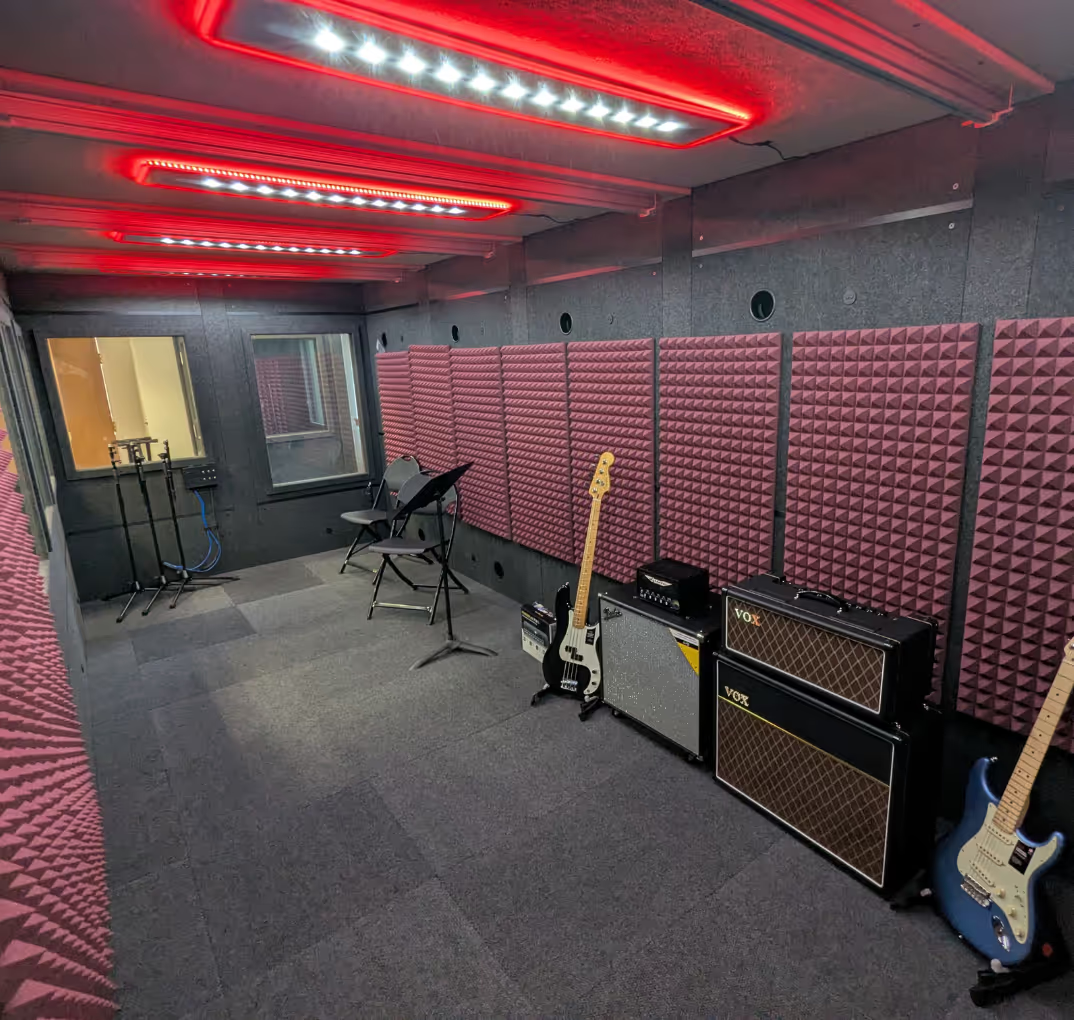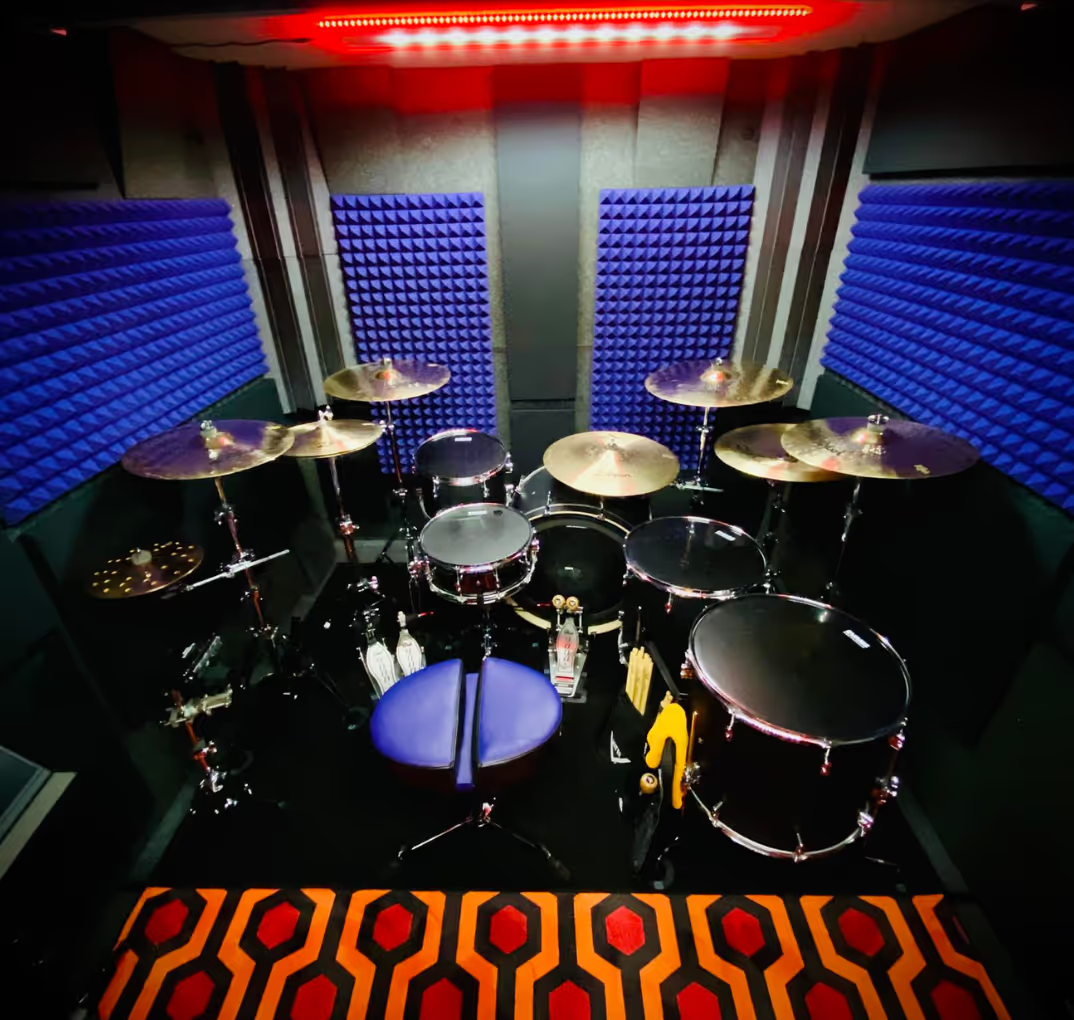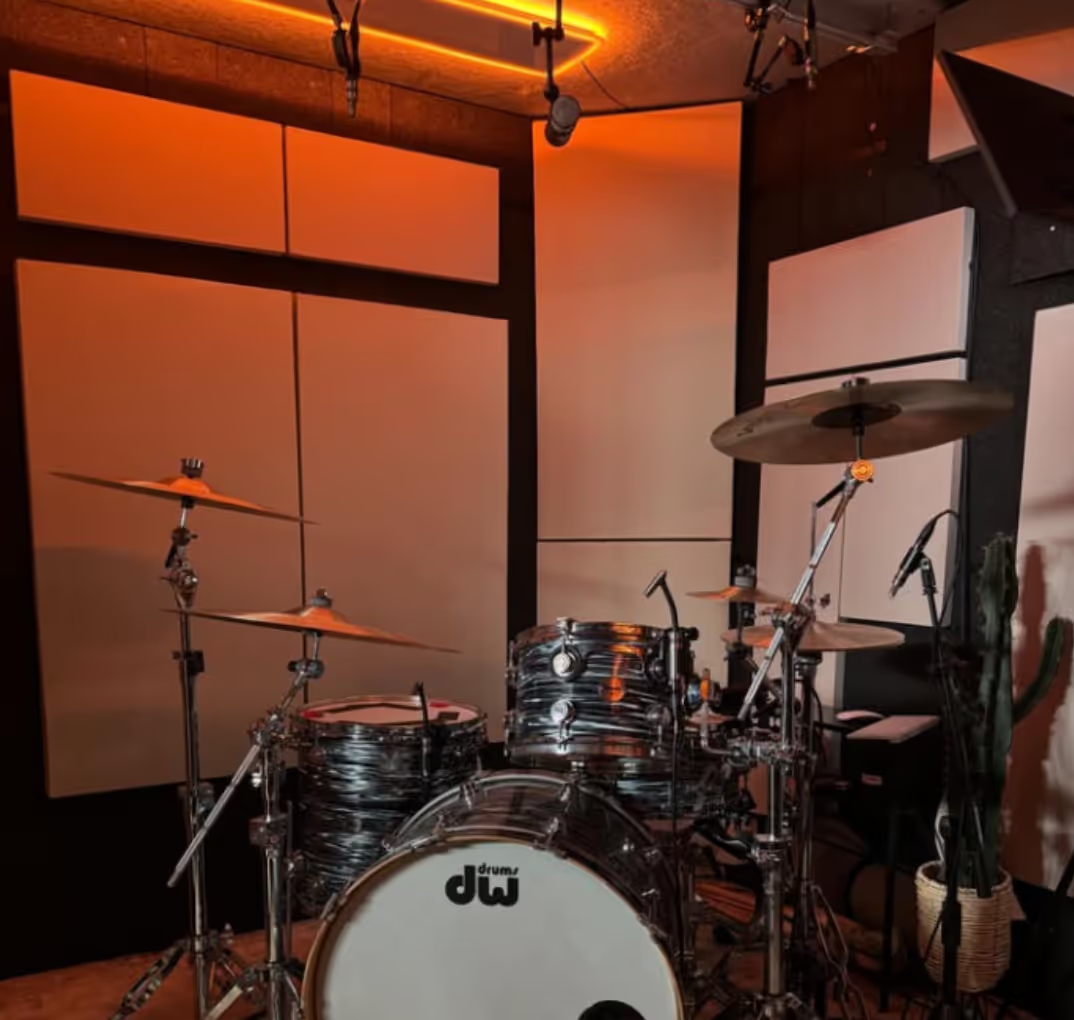As a musician, it can get tiring when you are constantly having to turn down your music or being shushed by annoyed family members or neighbors. It can also be frustrating trying to find a space where you can fully unleash your creativity and practice without the fear of bothering others.
Thankfully, with careful planning and noise-canceling techniques, you can create your very own garage studio where you can rock out to your heart's content without disturbing the peace. In this article, we will guide you through the process of making your garage into a semi-soundproof music sanctuary.
Preparing for Your Garage Studio Makeover
Before diving into soundproofing, it's essential to prepare your garage for its transformation. This includes decluttering, organizing, and purging any unnecessary items to make room for your studio equipment.
Building a complete studio can get expensive, so to keep costs down for your studio, consider repurposing furniture or buying secondhand from online marketplaces. Once you have cleared out the area, take note of any potential noise leaks, such as gaps around windows or doors. These will need to be addressed during the renovation process.
Finally, before you start renovating, you must understand the difference between sound treatment and soundproofing. This can help you take the proper steps toward creating a quiet and controlled environment for your music without wasting time or money on the wrong materials or techniques.
Soundproofing Your Garage Studio
Now that you have prepared your space and know more about the process, it's time to start soundproofing the garage. Here are some critical steps to follow:
1. Seal any potential noise leaks:
As mentioned above, seal gaps or openings in your area to keep the sound in or out. You can easily do this using weather striping, caulk, or acoustic sealant available at your local hardware store.
2. Insulate your walls:
Insulation is crucial for creating a noise-absorbent barrier in your music space. Make sure to use a dense material like rock wool or fiberglass insulation to absorb and reduce sound transmission. Try to insulate all the walls, including the ceiling, if possible.
3. Add mass to your walls:
Adding some thickness to your walls is another way to reduce audio transmission. This can be done by putting up foam panels and adding extra layers of plasterboard. These techniques can help dampen and absorb sound waves.
4. Seal your windows and doors:
Windows and doors are often the culprits when it comes to noise leaks. To tackle this, add a second layer of glazing to your windows using audio-absorbing materials like laminated glass or plexiglass. As for doors, simply attach a door sweep at the bottom and weather stripping around the edges.
5. Invest in acoustic panels:
Acoustic panels are perfect for controlling sound reflections within your studio. Place them strategically on your walls to reduce echo and enhance the overall audio quality of your recordings.

Taking these measures will significantly improve the acoustics in your garage, creating a more balanced and noise-free environment for you to practice and record audio. This can also be a benefit if you are living with roommates, as having a soundproof area for your recording is a way to respect one another's privacy and prevent noise disturbances from affecting those you are living with.
Additional Techniques for a Soundproof Garage Studio
Although the above steps will reduce some noise levels, there are more tips you can follow to improve the soundproofing of your garage studio further. Here are a few to consider:
1. Mind the flooring:
Surfaces like concrete and tile can amplify sounds, so consider throwing some rugs or carpet on your garage floor to soak up any unwanted noises.
2. Use furniture as buffers:
Furniture pieces like bookshelves, cabinets, and sofas can also double as barriers to help reduce sound transmission.
3. Decorate your walls:
Hanging some tapestries or curtains on your walls can also help absorb sound waves and add a touch of personality to your studio.
4. Experiment with different materials:
Every space and situation is unique, so don't be afraid to try other materials and techniques to find what works best for your garage studio.
Remember, soundproofing is not an exact science, and finding the best strategy to suit your specific needs and budget may take some time.

Benefits of Soundproofing Your Garage Studio
A soundproof garage studio offers many benefits, not just for you but also for those living around you. Here are some reasons why investing in noise-canceling is worth it:
1. Increased property value:
These changes can add value to your property, especially for potential buyers who are musicians or looking for a quiet space to work from home.
2. Preserving peace and relationships:
By creating an audio barrier, you will be able to practice and record without annoying your family members or neighbors. This can help protect the quiet and maintain positive relationships with everyone.
3. Better audio quality:
Noise-canceling blocks external noises and improves the overall audio quality within the studio. Which means better recordings and a more enjoyable music-making experience.
4. An affordable way to improve your music:
Building a brand-new studio from the ground up can be expensive. So, doing a DIY project and using used or recycled materials could be an affordable way to improve the acoustics in your garage without going over budget.

With some careful considerations, budget-friendly solutions, and enough knowledge about sound treatment and soundproofing, you can transform your space into the perfect studio. Remember to consider the benefits for both yourself and those around you, and enjoy being able to make music without limitation.








.avif)
.avif)
.avif)

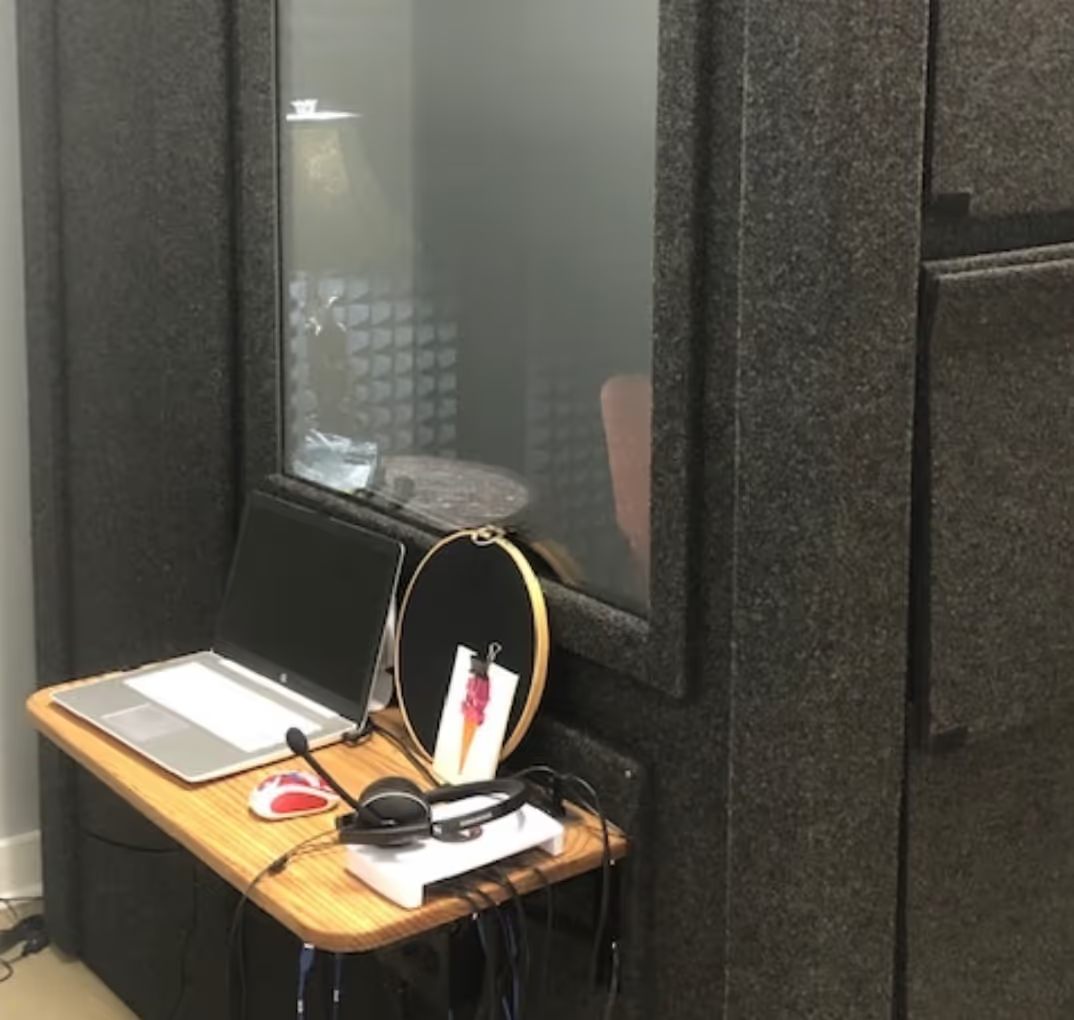
.avif)
.avif)

.avif)
.avif)
.avif)
.avif)
.avif)
.avif)
.avif)
.avif)
.avif)
.avif)
.avif)
.avif)
.avif)
.avif)

.avif)
.avif)

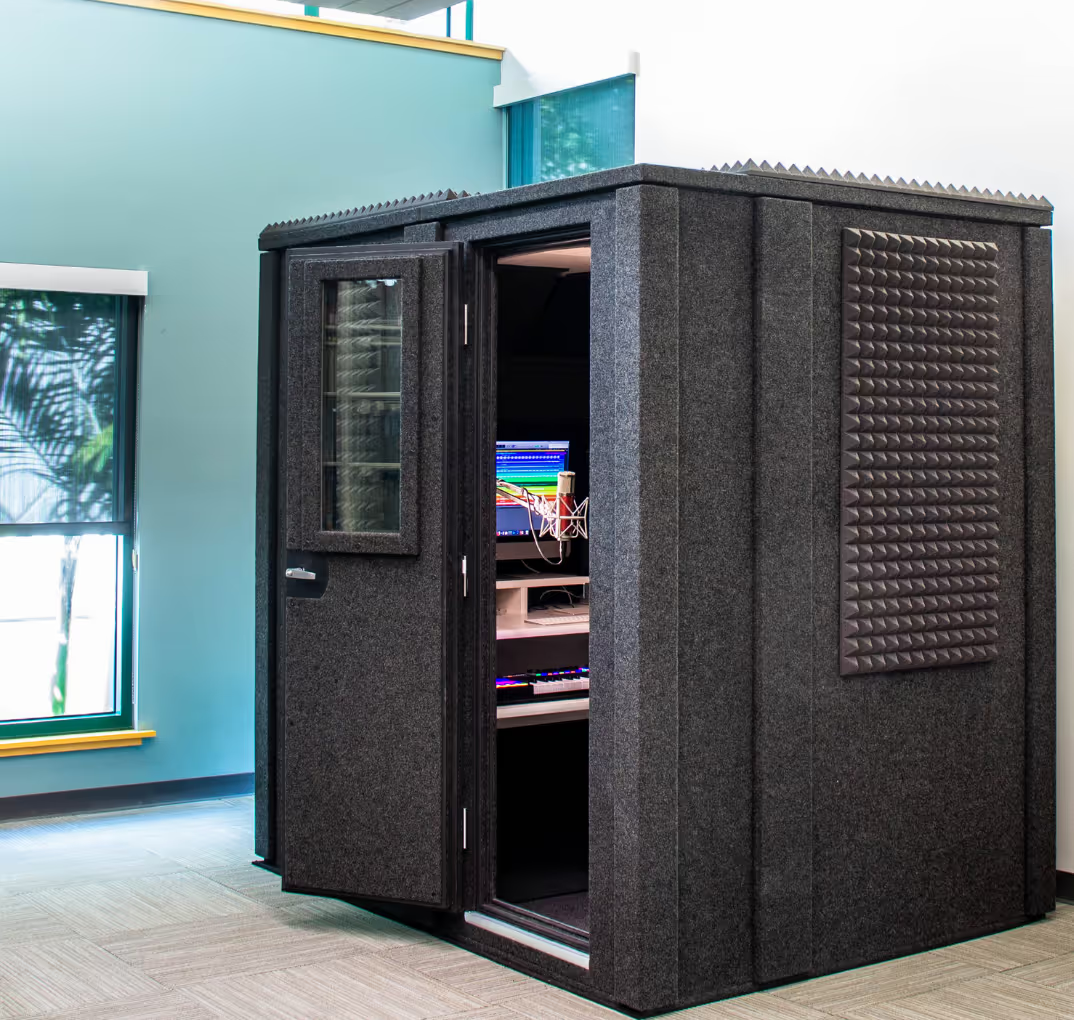
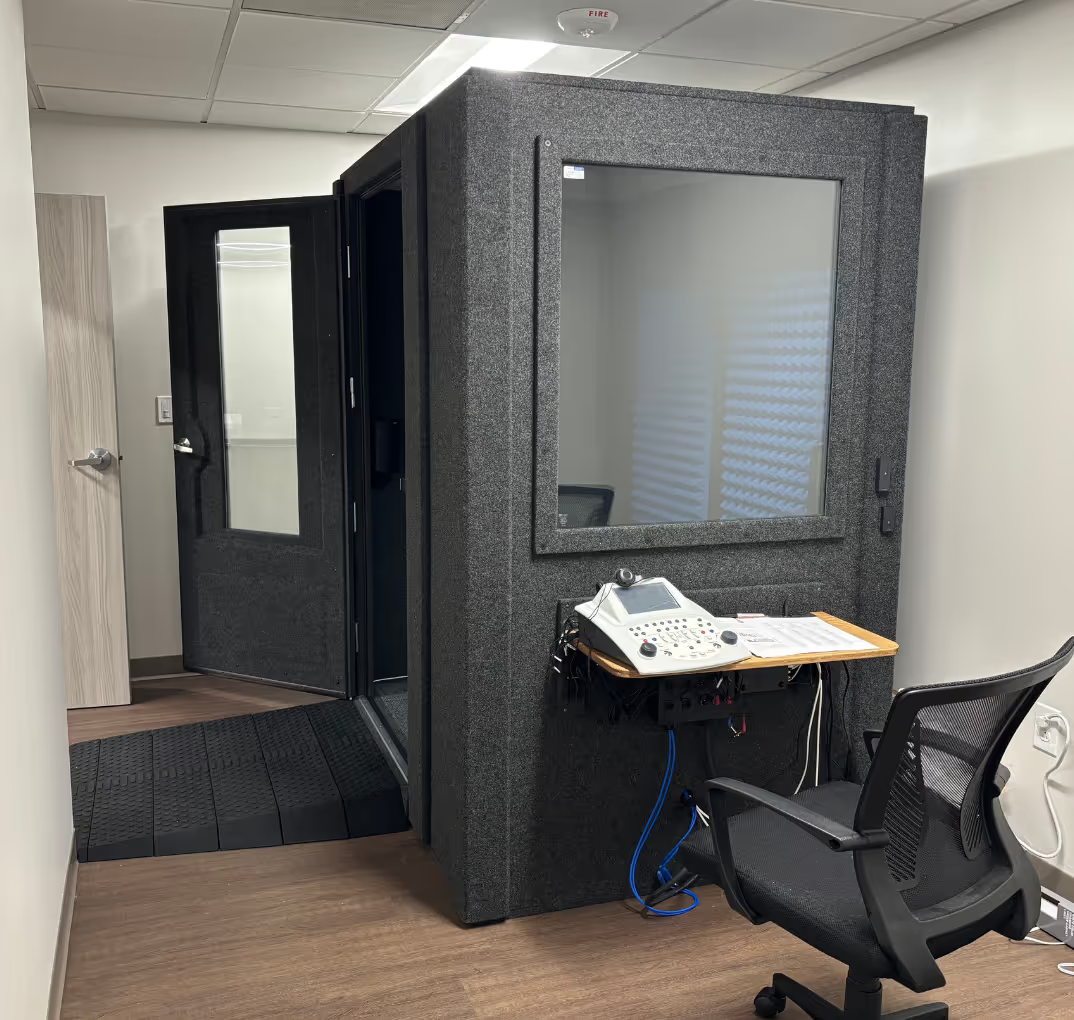
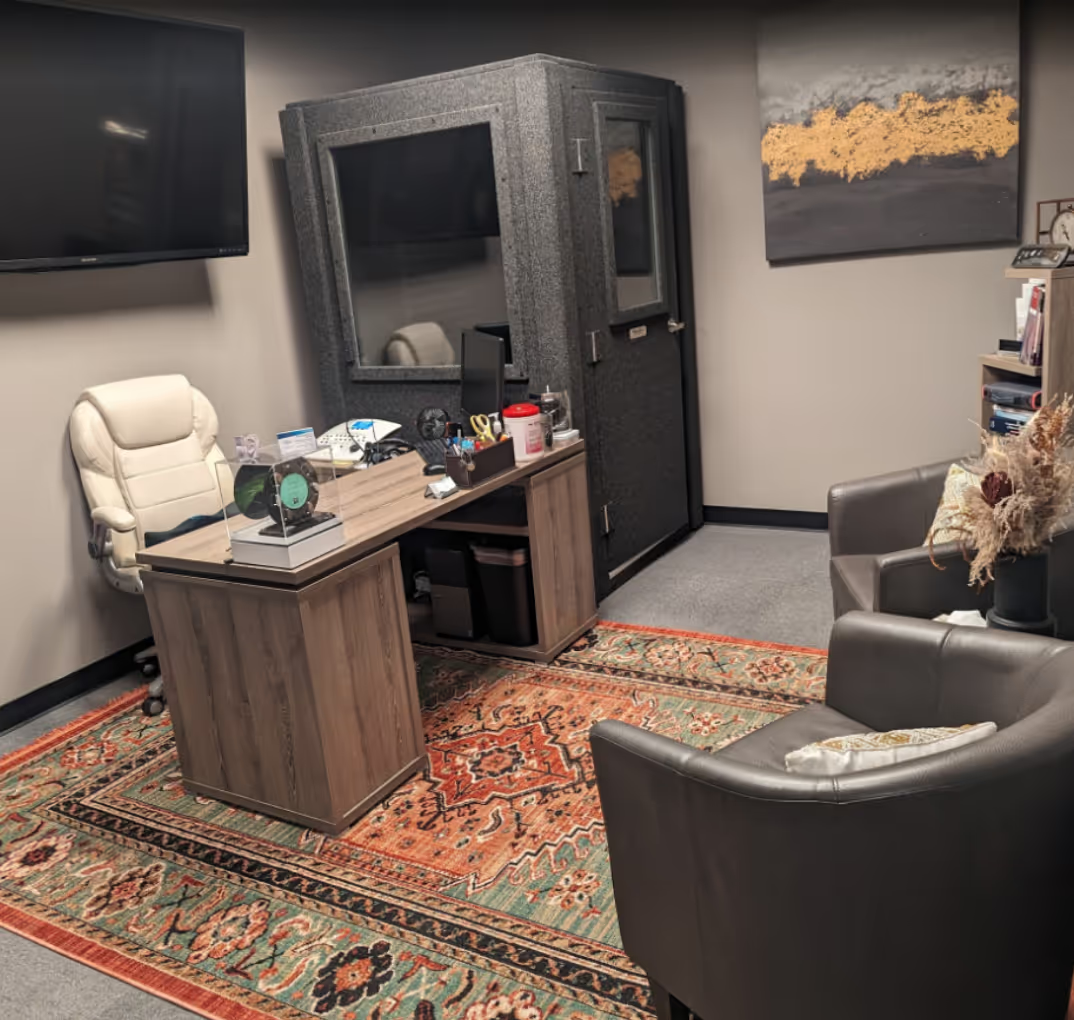

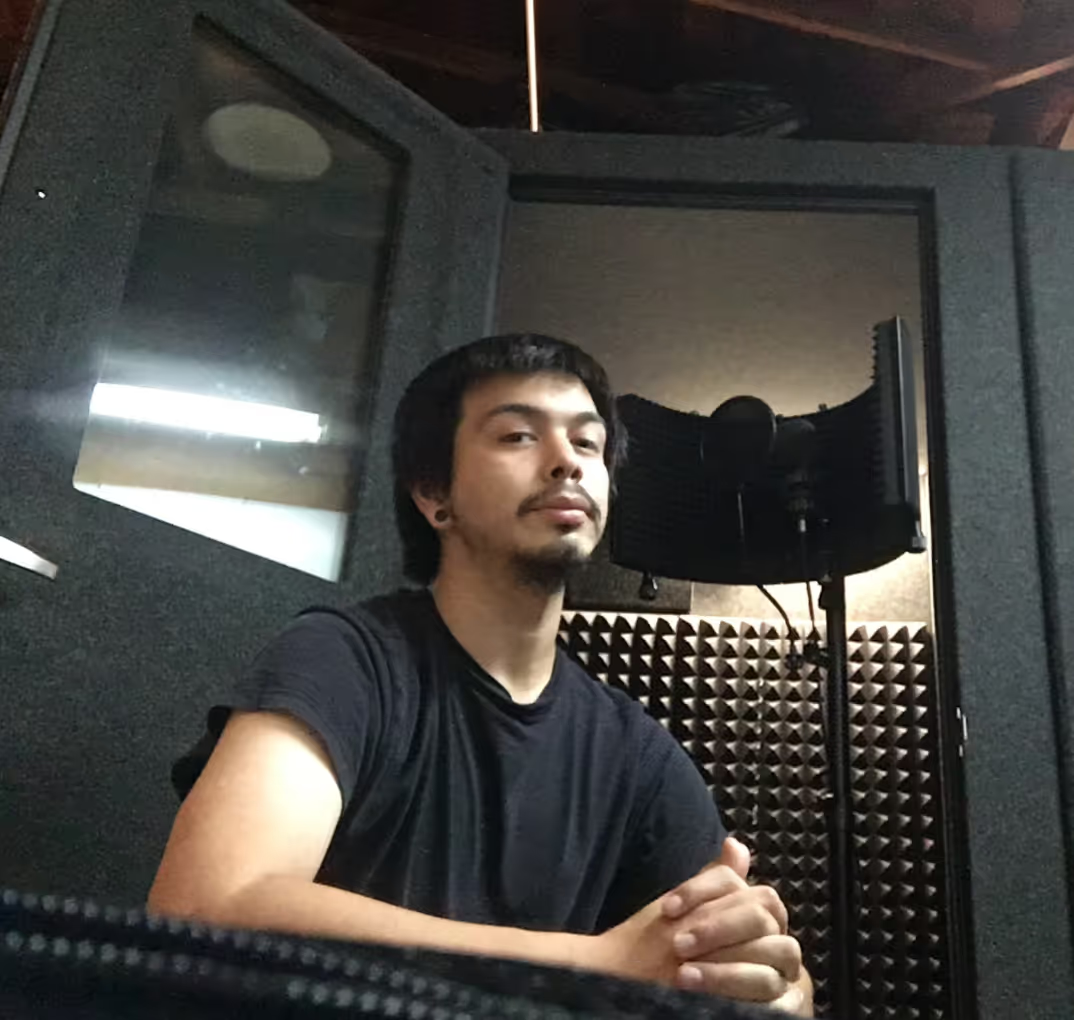
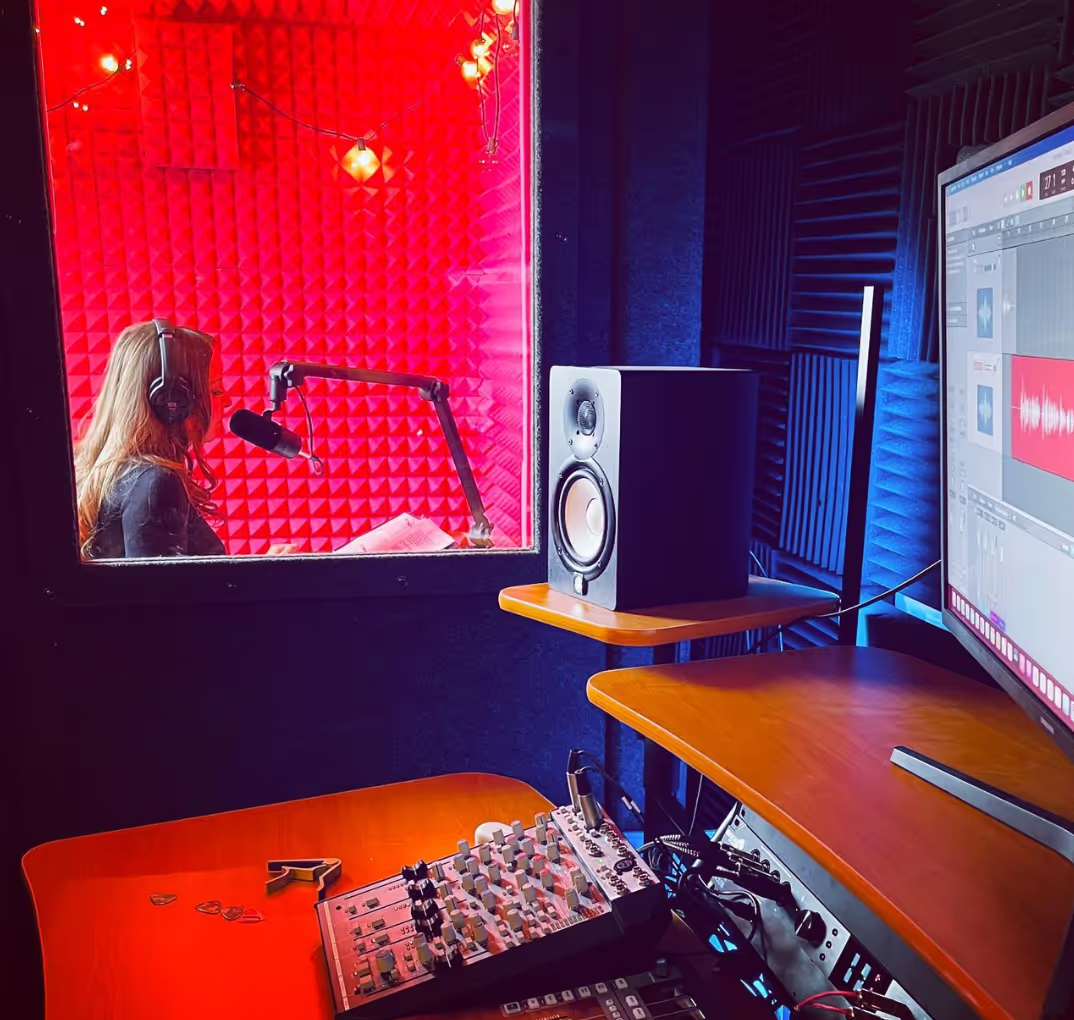
.avif)

